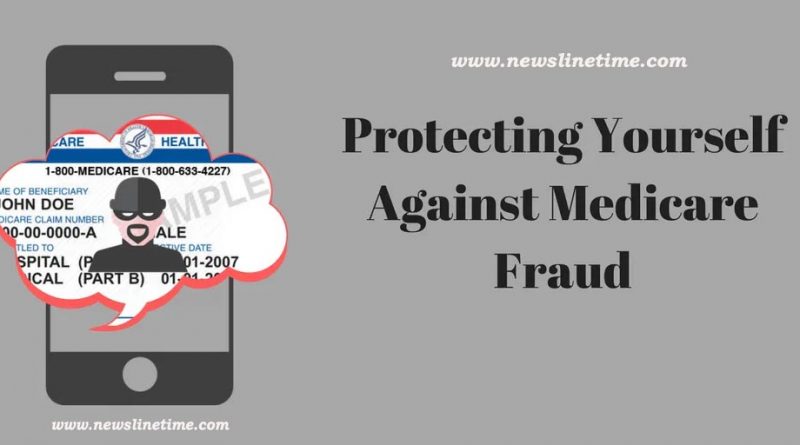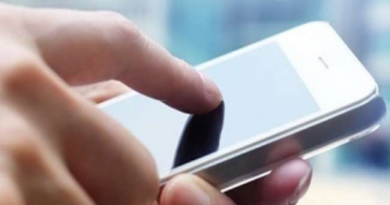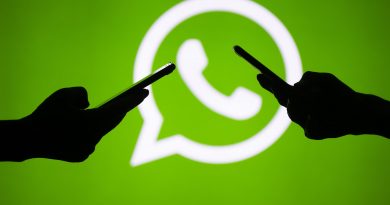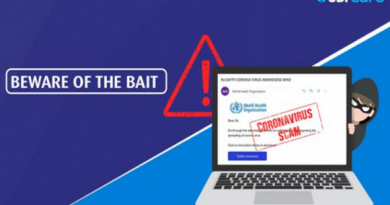Protect yourself against Medicare fraud
Protect yourself against Medicare fraud
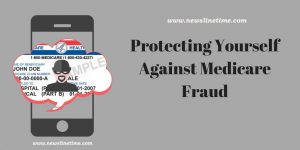
Medicare officials are warning beneficiaries that fraudsters may try to use the corona virus crisis as an opportunity to try and steal their identity and commit Medicare fraud.
“In some cases they might tell you they’ll send you a Coronavirus test, masks, or other items in exchange for your Medicare number or personal information,” the alert from the Centers for Medicare and Medicaid Services says. “Be wary of unsolicited requests for your Medicare number or other personal information. Only give your Medicare number to participating Medicare pharmacists, primary and specialty care doctors or people you trust to work with Medicare on your behalf. Remember, Medicare will never call you to ask for or check your Medicare number.”
CMS urges enrollees to treat their Medicare guard like it’s a credit card. Here are some tips the agency has for how to protect against being the victim of Medicare fraud.
- Medicare will never contact you for your Medicare Number or other personal information unless you’ve given them permission in advance.
- Medicare will never call you to sell you anything.
- You may get calls from people promising you things if you give them a Medicare Number. Don’t do it.
- Medicare will never visit you at your home.
- Medicare can’t enroll you over the phone unless you called first.
Postpone unnecessary care :
As hospitals are increasingly facing shortages in everything from protective gear to respirators to personnel, the Centers for Medicare and Medicaid Services is recommending that surgeries and other medical procedures that are not absolutely necessary be postponed.
“The reality is clear and the stakes are high: We need to preserve personal protective equipment for those on the front lines of this fight,” CMS Administrator Seema Verma said in a statement announcing the recommendations. CMS officials say postponing elective procedures will free up personal protective equipment (PPE), hospital beds and ventilators.
Dental procedures use a lot of the PPE that is increasingly in short supply and “have one of the highest risks of transmission” of corona virus because of how close the dentist or his assistants have to get to their patients. “To reduce the risk of spread and to preserve PPE, we are recommending that all nonessential dental exams and procedures be postponed until further notice,” the CMS news release says.

